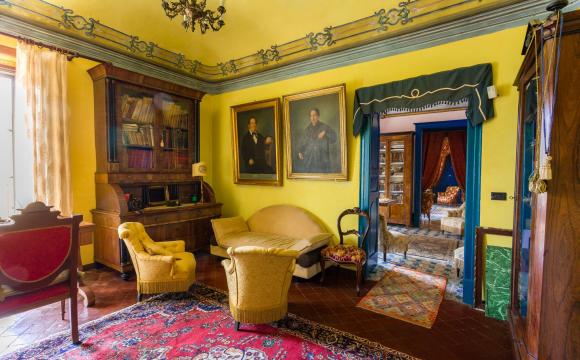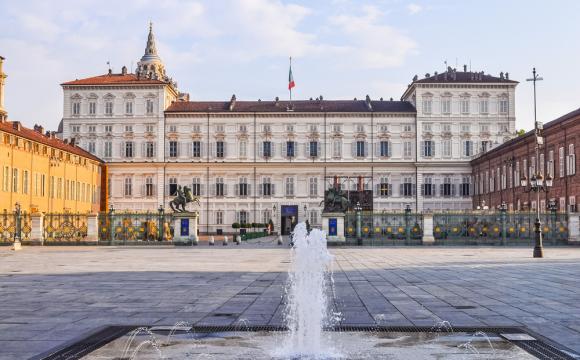 A new exhibition here charts Italy's tentative first steps from a devastated, post-war society into the early phases of the modern, industrial nation it would eventually become.
A new exhibition here charts Italy's tentative first steps from a devastated, post-war society into the early phases of the modern, industrial nation it would eventually become.
Unlike other exhibits that have focused on this era in Italian history, the show steers clear of dry documents and factual reporting, instead using contemporary artistic, literary and cinematographic production to explore changes in society.
Items on display include original posters from Neorealist classics such as Bicycle Thieves and Shoeshine, as well a copy of the original script of the Luchino Visconti masterpiece La Terra Trema.
The Neorealist revolution in the world of cinema played a crucial role in charting the postwar years.
Unlike many Italian films from the pre-war era, which were little more than propaganda pieces or escapist fantasy, Neorealism exposed the harsh realities of everyday life.
''The people who turned to Neorealism were desperate to win back liberty after 20 years of dictatorship and an official culture that had hidden everyday life under an illusory curtain of tranquillity,'' commented film director Francesco Rosi, who contributed to the exhibit catalogue.
Literature, journalism and art also played a vital role in documenting social change.
The exhibit features first editions of works by several Italian literary greats, including Pier Paolo Pasolini, Cesare Pavese and Eugenio Montale.
It also contains literature and paintings by the writer and artist Carlo Levi, famous worldwide for his novel Christ Stopped At Eboli.
The broader art selection boasts a number of figurative pieces, with groundbreaking work by Mario Sironi, Lucio Fontana and Renato Guttuso among others.
The exhibition starts with the impact of World War II and looks at the profound developments in Italy, not only in terms of territory and international relations but also with regard to civil awareness, culture, mentality and political attitudes.
While most of Europe was undergoing radical change, the situation was particularly fraught in Italy, which was emerging from 20 years of dictatorship.
''The main inspiration for this exhibit is the belief that World War II and the Liberation from Fascism and Nazism produced in Italy, as in much of the world, a deep and widespread transformation in civil consciousness,'' explained one of the curators, Giuseppe Talamo.
'La scoperta dell'Italia: 1940-1950' (Discovering Italy, 1940-1950) runs in Rome's Vittoriano Complex until January 6.












